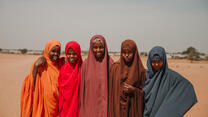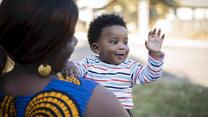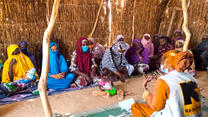Report
This report explores how displaced women themselves define economic empowerment and its benefits, and their perception of the challenges that they face in participating in the labour market, based on qualitative research in Niger, Germany and Kenya.
The findings show how displaced women consider decent work crucial for financial independence, self-sufficiency and to provide for and contribute to the household. The report highlights some of the particular challenges facing displaced women who are socially isolated and struggle to build networks as newcomers, while also bringing the heterogeneity in their experiences even within a single context to the fore.
Key recommendations for donors include supporting programmes that:
- Provide individualised and comprehensive support services
- Increase market responsiveness of trainings and counselling to refugee women for employment opportunities
- Create and promote opportunities for engagement with home and host community members that enable refugee women to build and expand their social support networks and reinforce ongoing learning
- Create opportunities and safe spaces to intentionally train men and women in understanding gender roles, norms and rights
- Research and pilot interventions to address childcare as a critical issue
- Advocate with both government and private sector on refugee rights
Key recommendations for host governments include:
- Expand economic opportunities for and support the integration of refugee women
- Improve women's protection and empowerment and prevent gender-based violence by increasing access to justice
- Support local authorities to promote economic integration of refugees
- Support facilities and initiatives for building social networks including refugee and women’s organisations.



